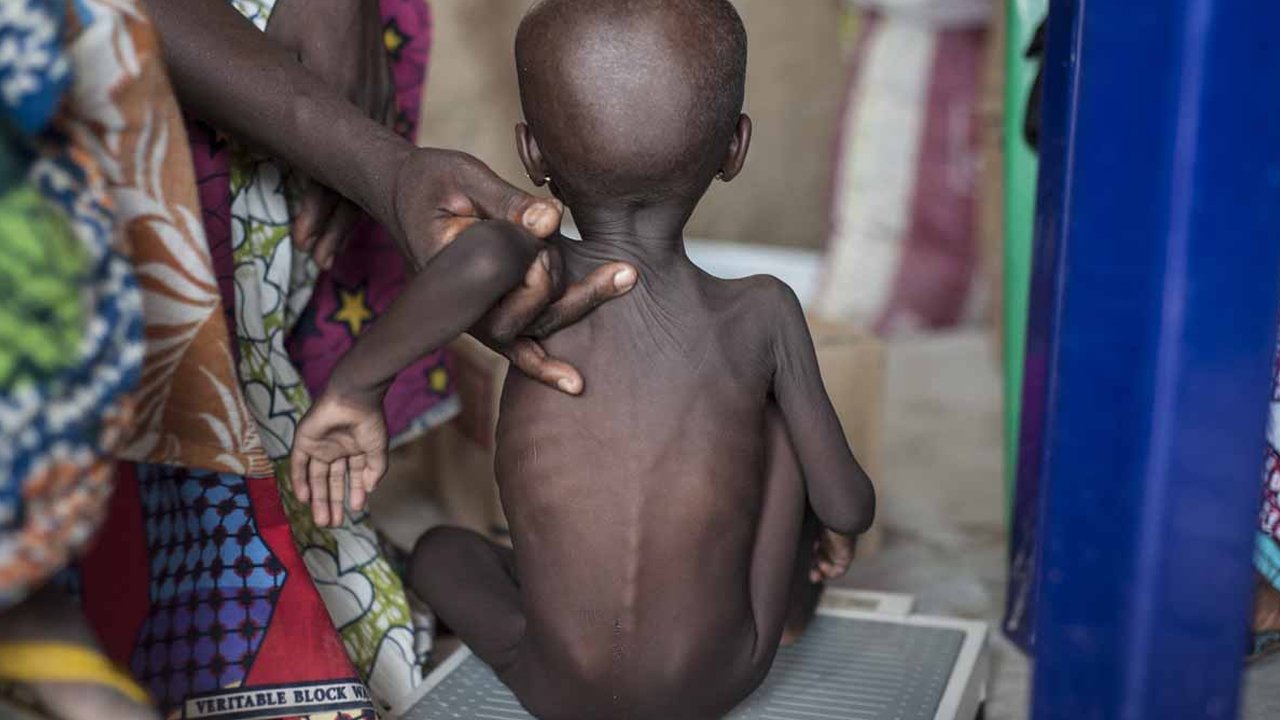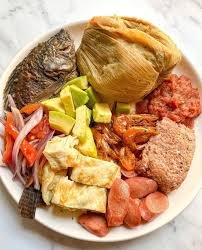Nutrition
Staying Osteoporosis free with our diet
In this chapter, we will be discussing how we can live an osteoporosis free life with our diet.
People once thought a shrunken, stooped posture was a natural part of ageing, but the real culprit is osteoporosis. The skeleton constantly breaks down and rebuilds itself via cells called osteoclasts and osteoblasts, respectively. However, as we age we tend to lose bone faster than we rebuild it, which decreases the bone density, making it weaker and more likely to fracture/ break.
Osteoporosis is the major underlying cause of fracture in postmenopausal women and the elderly, and it develops silently. It may only be discovered after a fracture which usually involves the hip or the wrist joints, but may involve other joints during a minor bump or fall. Little fractures in the spine may gradually reduce height and also leads to stooped posture.
Osteoporosis can be prevented and its development decelerated through an adequate diet and lifestyle plan.
Foods to include
Calcium rich foods such as; milk, yogurt, anchovies, and sardines.
Potassium rich foods such as; banana, coconut water, tomatoes, and eggplants.
Phosphorus rich foods such as; poultry, nuts and legumes, fish, and eggs.
Vitamin C rich foods such as; oranges/tangerines, limes/lemons, and bell peppers.
Vitamin D rich foods such as; salmon, sardines, and mushrooms.
Vitamin K rich foods such as; cabbage, avocado, and lettuce.
Foods to avoid
Sodas and caffeine rich drinks
Red meat and meat products
Processed foods
High fat diet and fast foods
Highly salted foods
Lifestyle modification
Going for walks, especially early morning for that early morning sunshine Vitamin D, jogging, skipping and other weight bearing exercises may help preserve the bone density.
Moderation of alcohol and cessation of cigarette smoking cannot be over looked.
In conclusion, many of the conditions we blame on old age have very tangible ways of being avoided in our youth. Let’s not wait till it’s too late; let us change our lifestyles and diets now, so that we can continue to easily get up and go when our youth begins to depart.
The writer Dr. Bernice Korkor Asare is the CEO of Holistic Health Consult
“Your diet your health, your health your wealth”
E-mail: holistichealthconsultgh@gmail.com
Nutrition
Nourishing Ghana Starts with Us: The role of citizens

The success of Ghana’s fight against malnutrition does not rest solely in the hands of the government or donors. It depends on us, the citizens. Nutrition is not just a technical issue. It is a societal one, and every Ghanaian has a role to play in ensuring that no child goes hungry, no mother is left unsupported, and no community is forgotten.
As citizens, we must shift how we see nutrition: not as a private family concern, but as a collective national responsibility. Here’s how we can act:
1. Demand accountability
Every citizen has the right and responsibility to ask how public funds are being used to support nutrition. Are local clinics stocked with supplements? Are school feeding programmes working in your district? Are maternal health services adequately funded? Ask questions. Engage assembly members. Attend town hall meetings. Make your voice count.
2. Speak up, Speak out
Silence has a cost. When we fail to speak out against malnutrition, we normalise it. Use your platform, whether it is WhatsApp group, a radio show, a church gathering, or social media, to raise awareness. Normalise conversations about child feeding, food quality, and maternal health. Silence keeps systems broken. Voices drive change.
3. Support local solutions
Support or join community nutrition initiatives. Volunteer. Share what you know. Help spread accurate information about breastfeeding, healthy diets, and hygiene. If you are a farmer, teacher, trader, or youth leader, your knowledge and effort can make a difference. Change starts in our homes and neighbourhoods.
4. Protect the first 1,000 days
Whether you are a father, grandmother, neighbor, or employer, support pregnant women and caregivers during this crucial period. Encourage antenatal care. Help with child care. Prioritise nutritious foods. The first 1,000 days of a child’s life lay the foundation for everything that follows.
When citizens care, ask questions, take action, and show solidarity, we create the conditions for lasting change. Malnutrition is not inevitable. It is a symptom of neglect, and neglect ends when citizens choose to act.
Feature article by Women, Media and Change under its Nourish Ghana: Advocating for Increased Leadership to Combat Malnutrition Project
Nutrition
Ga Kenkey

Ga kenkey, a staple in Ghanaian cuisine, is prepared with fermenting corn dough, then cooking a portion of it to create ‘aflata’ or ‘banku’. It is a popular food in the southern part of Ghana.
Ingredients:
-8 cups of dried corn
-Dried corn leaves (for wrapping)
-2 tablespoonful of stew
Preparation
-Soak corn in water overnight
-Grind corn into a powder form
-Mix the ground corn with water (dough)
-Mix part of the dough with water and put it on fire to cook
-Take the pot off the fire and mix in the remaining dough .
– When ready shape mixture into balls and set every prepared ball on a corn leaf.
– Cover each ball by wrapping the corn leaf around it
– Put water on fire. Add wrapped kenkey to boil for 45 minutes.
– When ready take them out carefully and serve them along with shito, ground pepper and fish.














